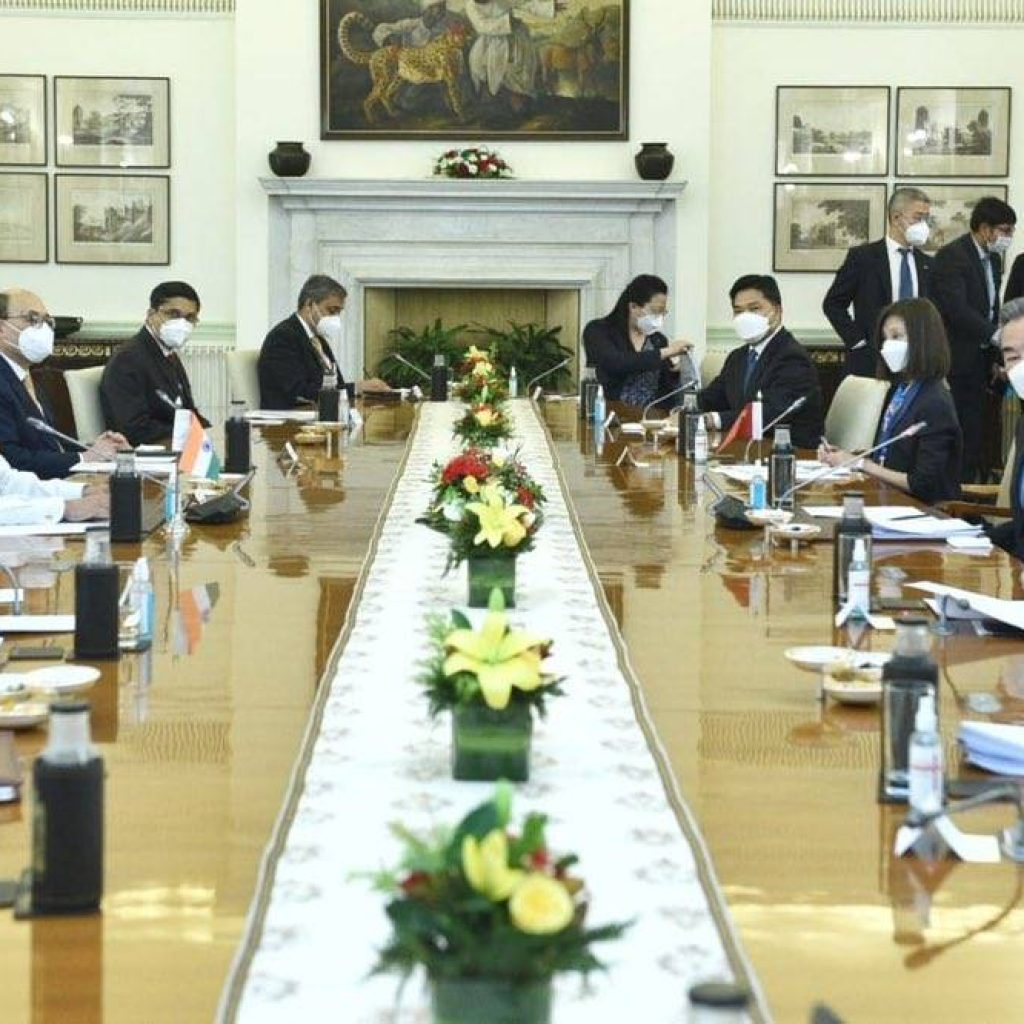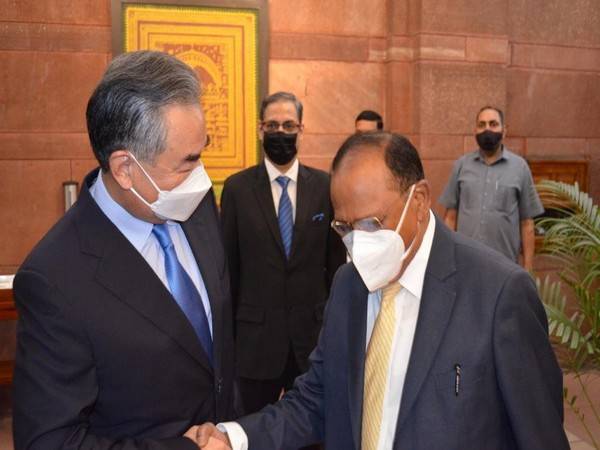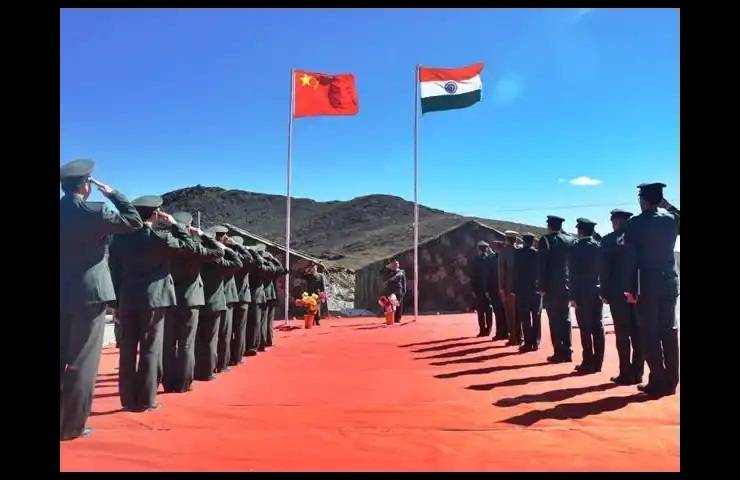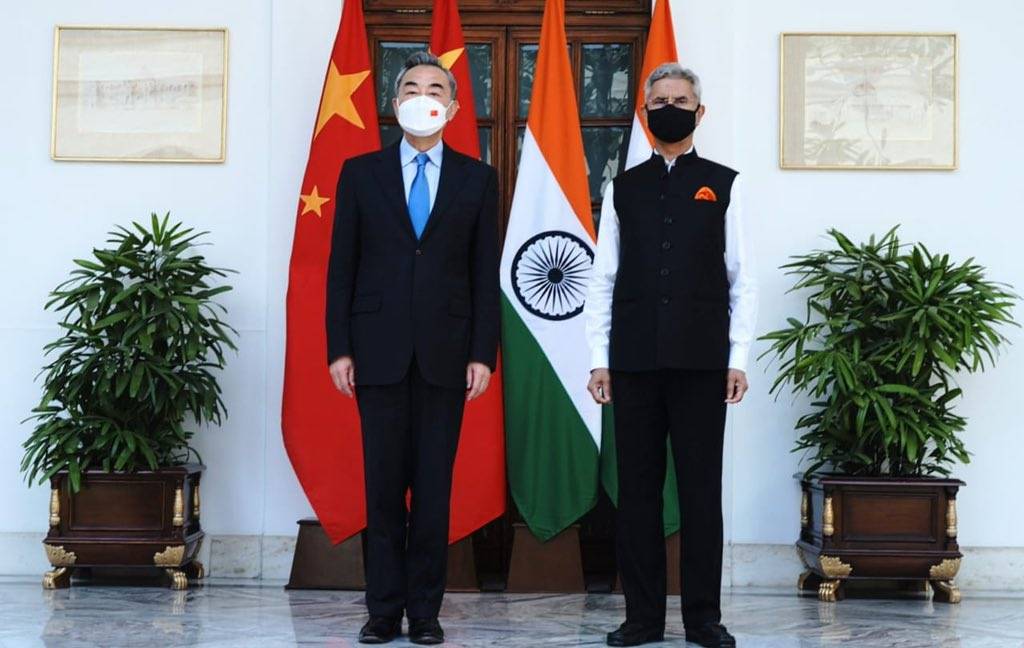EAM S Jaishankar addressed the media after holding extensive talks with his visiting Chinese counterpart Wang Yi covering the eastern Ladakh row and the geopolitical turmoil triggered by the crisis in Ukraine.
Foreign Minister S Jaishankar, after three-hour talks with his visiting Chinese counterpart Wang Yi today, described ties as “work on progress” and progressing at a slower pace than desirable. The relationship is “not normal”, he said, because of the border friction.
“Frictions, tensions rising from Chinese deployments since April 2020 cannot be reconciled with a normal relationship. Restoration of peace and tranquillity must find full expression in talks,” Jaishankar told the media.
“If you ask me if our relationship today is normal, then my answer is ‘no it is not normal’ (because of the Chinese deployments). Our effort today is to sort out the issue in its entirety,” he said.

He said the discussions centred on bilateral relations that had been disturbed by China’s actions at the border.
“We have a situation where peace and tranquillity in border has been disturbed,” he said.
In Ladakh, there were still ongoing friction areas and there was “progress in other areas”, said the Foreign Minister. “Our discussion today was how to take this forward. So long as there are very large deployments in the border areas, clearly the border area situation is not normal. We have a situation there which is not normal,” he said.
ALSO READ: Will Wang Yi’s visit ease India-China tensions?
“There should not be attempts to unilaterally change status quo.”
The relationship was based on “three mutuals”, said Jaishankar – mutual respect, mutual sensitivity, and mutual interest.

The two Foreign Ministers also discussed the Ukraine war.
Jaishankar said he had also raised India’s objections to Wang’s comments on Kashmir at an event in Pakistan.
The Chinese minister had made a reference to Kashmir in his opening speech at the Organisation of Islamic Cooperation in Pakistan, saying: “On Kashmir, we have heard again today the calls of many of our Islamic friends. And China shares the same hope.”
Jaishankar said he had referred to the comments and had conveyed why India found them objectionable.
“I conveyed that we hope that China will follow an independent policy with respect to India and not allow its policies to be influenced by other countries and other relationships,” he said.
This was the highest level of engagement between the two countries since a deadly border clash in 2020 soured ties. Wang Yi arrived last night in an unannounced visit.

Wang Yi first met with National Security Adviser Ajit Doval, who asserted that an “early and complete disengagement of troops” at points of friction along the border was key to restoring normal ties between the two countries.
Doval also called for removing “impediments” to allow bilateral ties to “take the natural course” and stressed that “actions should not violate the spirit of equal and mutual security”.
The Chinese Foreign Minister’s visit has been shrouded in secrecy, with no official word from either side. His arrival could be confirmed only through the tracking of his plane’s flight path after it took off from Afghanistan on Thursday.
Jaishankar said the Chinese did not want the visit to be announced earlier.

Leave a Reply